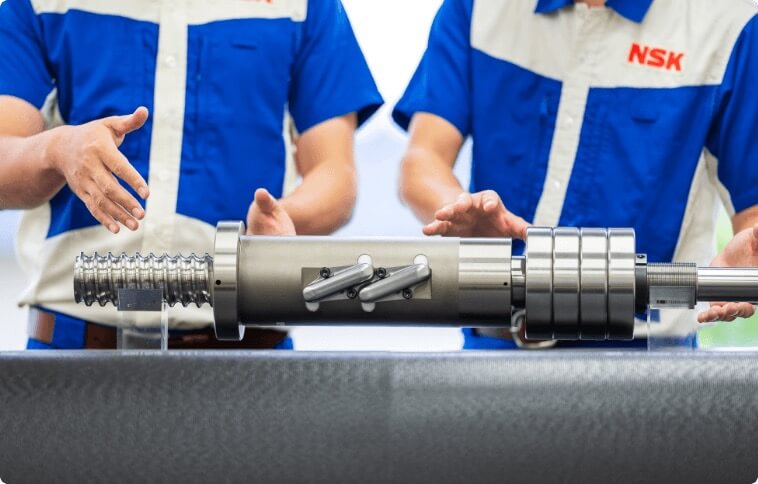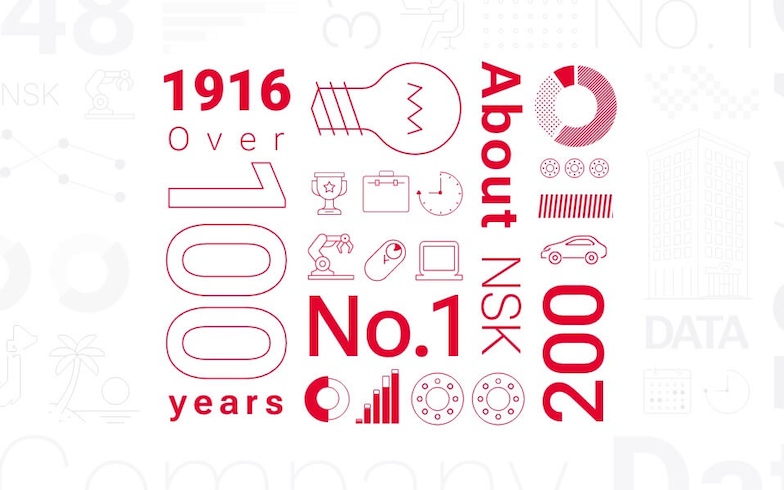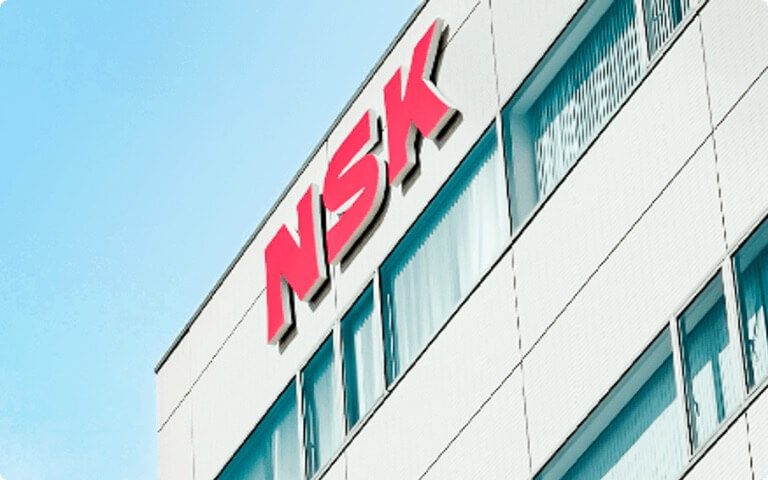Utilizing my legal expertise to
help a global company grow
further
—playing an active role
in a wide
range of business challenges
Legal and Compliance Division HQ

In-house lawyers are not just legal professionals,
but
businesspeople who help companies grow
The key role of an in-house lawyer is to support sound decision-making by interpreting the law and communicating it to others an easy-to-understand manner. For example, although we work with external law firms during M&A projects or overseas transactions, the legal terminology involved can often be difficult for those in the business divisions, who come from a non-legal background, to understand. It is therefore the role of an in-house lawyer to explain these issues to the stakeholders in the business divisions in a concise and easy-to-understand manner, and to help advance discussions in the business divisions by clarifying the issues involved in contract negotiations. For example, I might review a contract and offer advice on which terms would be most beneficial to the company's growth.
I therefore believe that in-house lawyers are not simply legal reviewers, but play a key role by leveraging their knowledge of the law to support the company's business strategy. While attorneys at law firms are primarily responsible for providing legal counsel to clients, in-house lawyers can also contribute to business decisions by supporting a company's strategy from a legal perspective. So although I'm a lawyer, I also need to maintain a businessperson's perspective to be effective in my role. I work to contribute to the company's growth by proposing ways to facilitate business operations while mitigating legal risks. This is the essential role of an in-house lawyer, and what makes the job so interesting. As such, I need not only legal expertise, but also a sound knowledge of business strategy and a management perspective in my approach.


Furthering my experience
as a legal professional in a global
company
The deciding factor in choosing NSK as the next step in my career was an environment where I could utilize English in a company with global business operations. The opportunity to be involved in a wide variety of projects—not just contract screening—was another major attraction. I also hoped to work for a manufacturer, as I had previous experience working in the manufacturing industry after I first graduated. During this phase of my career, I worked in global material procurement and was exposed to many English-language contracts, which motivated me to apply to law school and become licensed as a lawyer. Because of this, one of the reasons wanted to working in a manufacturing company was because I knew the atmosphere of the industry. I also thought that a manufacturer would allow me to experience general legal work while at the same time giving me the opportunity to broaden the scope of my duties. For example, while legal work in the finance industry may familiarize you with contracts and business laws specific to finance and give you expertise in this field, it is difficult to obtain knowledge that can be applied to other industries. Accordingly, I felt it would be better to work in a role that equipped me with a wide range of future career options. In addition, the fact that NSK's products are used all over the world appealed to me. In addition, the fact that NSK's products are used all over the world appealed to me, so the opportunity to work for a company whose products I could be proud of was another major factor in my decision.

Working on global contract negotiations and M&A projects
with
world- leading companies
NSK's Legal Department handles a wide range of duties, including contract screening and legal consultation services, as well as providing legal support for key projects such as M&A, handling negotiations with business partners, and responding to consultations raised to the internal whistle-blowing hotline. One of the most memorable projects I worked on was negotiating a contract with a certain world-renowned automaker, who had presented NSK with very strict contract terms and conditions. The negotiations hinged on several issues, including the scope of liability for damages and the ownership of intellectual property rights. Accordingly, we also submitted revised demands and persevered in our negotiations. We not only interpreted the terms of the contract, but also discussed with members of the business unit what concessions we could make in order to ensure our most important requirements were satisfied, based on our past business relationship with the counterparty. Ultimately, we were able to finalize a contract that satisfied both parties. These types of global projects arise several times a year, and I always find it rewarding to be involved in such important deals.
M&A projects also offer a range of exciting challenges. A merger or acquisition is not simply the exchange of contracts between two companies; these negotiations involve major decisions that will have a significant impact on the company's future. As a corporate legal department, we check competition laws and investment regulations while holding discussions with senior management and the business units to develop the most suitable proposals. At times, we also visit overseas plants and offices to assess the situation on the ground. One of the best aspects of being an in-house lawyer is that in addition to providing advice as a legal expert, I have the opportunity to be deeply involved in the company's growth strategy.


NSK's Legal Department provides an environment to
utilize your
legal knowledge and English ability on a global scale
The ideal profile for an in-house lawyer is someone who wants to use their legal expertise to contribute to business growth. The scope of the role goes beyond simply advising how laws are applied—we need to propose the optimal solution from a business strategy perspective. In NSK's Legal Department there are also frequent opportunities to work with NSK's overseas sites and business partners, making it a very exciting environment if you are interested in working globally. Studying English documents and corresponding with overseas colleagues via email is a regular part of my day. Occasionally, we may also negotiate directly with overseas business partners. This is why English language skills are critical. However, this doesn't mean you need perfect English from the start. We have a strong support network within the department, and NSK also provides a range of programs to help employees improve their English language skills. If you're motivated, there are plenty of opportunities to improve your language skills after joining the company. Even if you're not fully confident in your English ability right now, I'd encourage you to take up the challenge!
Message
NSK has a very measured approach to business and a steady corporate culture. This careful, studied approach might be the reason why the company has endured and grown over more than 100 years. Therefore, when embarking on something new there are times that it appears an agreement may not be able to be reached unless a certain contractual issue is resolved. In cases such as these, even if we are offered a contract with somewhat unfavorable terms from a business perspective, I might propose an angle that allows us the reach a favorable agreement for both parties, for example, negotiating intellectual property rights in exchange for accepting the terms.
Being able to suggest this kind of approach is one of the interesting parts of being an in-house lawyer. In addition, the people here are very friendly and helpful, not just in the Legal Department, but throughout the entire company. When I first joined NSK, I asked our engineers all sorts of questions about the basics of bearings, and they were always happy to provide a detailed explanation, so I can vouch that the workplace culture is great! If you are interested in working on a global scale and want to apply your legal expertise to a real-world business, this is the perfect opportunity for you.







